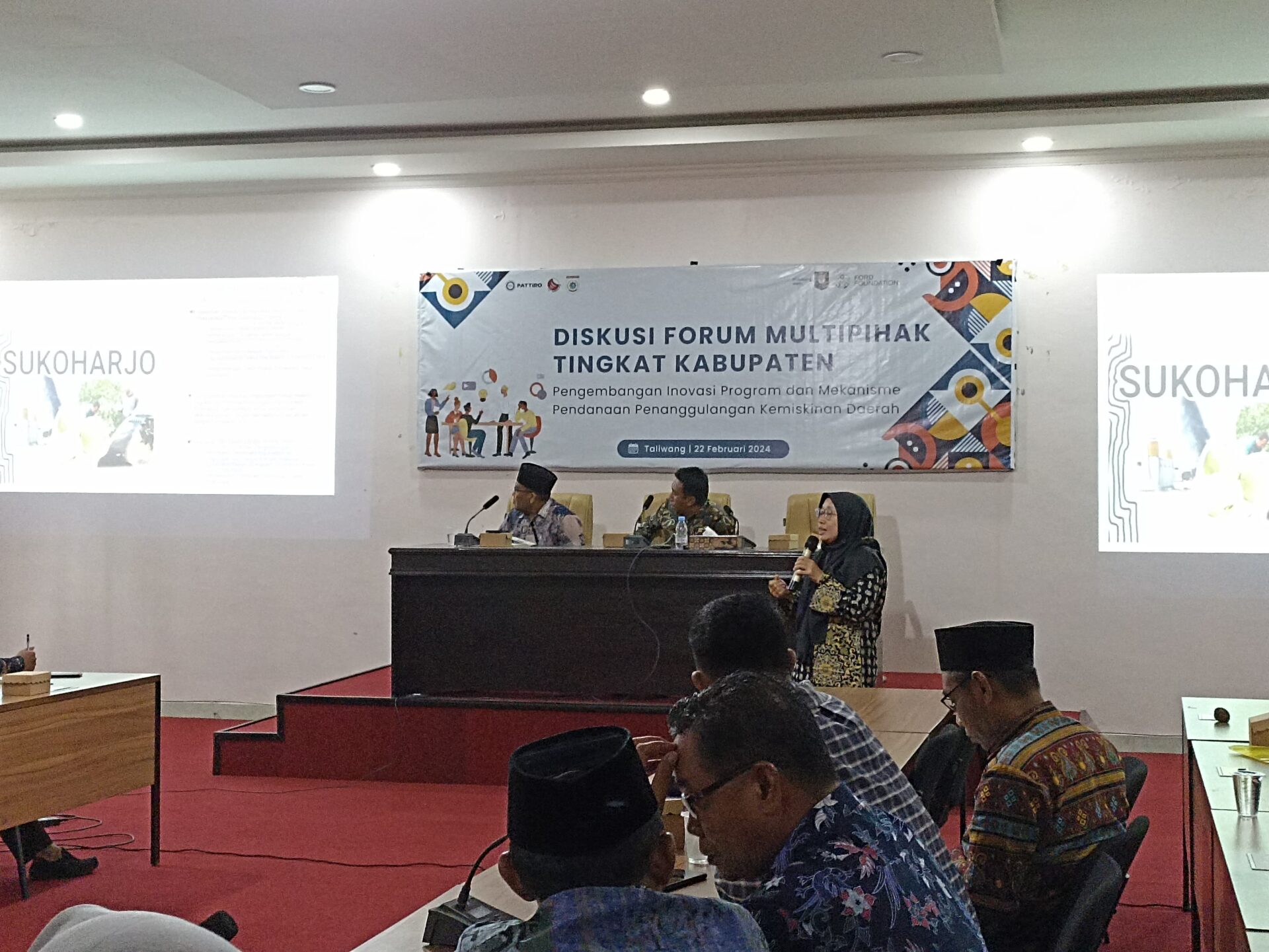 Until the beginning of November 2013, the Ministry of Home Affairs (Kemendagri) recorded an average absorption of regional government budget only 68%. Even though this year the central government has transferred funds of Rp 529.40 trillion to the regions. Minister of Home Affairs Gamawan Fauzi said, the low expenditure of the regional government budget was due to the lack of dare to decide on the use of funds and was still waiting for technical instructions from the central government, for deconcentration program funds. Deconcentration funds are the budget allocation of the APBN whose assignment is given to the Governor.
Until the beginning of November 2013, the Ministry of Home Affairs (Kemendagri) recorded an average absorption of regional government budget only 68%. Even though this year the central government has transferred funds of Rp 529.40 trillion to the regions. Minister of Home Affairs Gamawan Fauzi said, the low expenditure of the regional government budget was due to the lack of dare to decide on the use of funds and was still waiting for technical instructions from the central government, for deconcentration program funds. Deconcentration funds are the budget allocation of the APBN whose assignment is given to the Governor.
The study center and regional information (Pattiro) assessed that the slow budget expenditure of the regional government will disrupt public services that should be received by the community. Based on Pattiro’s analysis of the 2013 budget year’s APBD portrait data issued by the Directorate General of Finance Balance of the Ministry of Finance (DJPK Kemkeu), 49% of the district and city government level budgets in Indonesia are used for employee expenditure. While the budget for capital expenditure such as for the development of road, bridge, and other public services in the field of education and health is only 25% for the district and 26% for the city. This means, if the budget absorption runs proportionally until October 2013, from 68% of the budget absorption put forward by the Minister of Home Affairs, around 27.76% of its use is for employee expenditure, and 14.74% is used for capital expenditure. But usually, based on experience, almost all regional governments absorb new capital expenditure will enlarge at the end of the fiscal year.
The small absorption of the budget and the habits of the regional government absorbs at the end of the fiscal year for capital expenditure, it is certain that it will disrupt the performance and quality of public services that should be provided by the Regional Government to the community. Many infrastructure development projects in regions have not been implemented and will hamper the economic growth of the community. In addition, the quality of public services, especially in the field of health and education will deteriorate and the community will be disadvantaged. In some districts in Java alone, many road improvement projects and the construction of health and education facilities have not been running.
In addition, Pattiro also saw the low absorption of this budget will trigger swelling of the remaining budget calculation (Silpa). Data from DJPK Kemkeu said, in the realization of the 2012 TA APBD in 3 districts in West Java Province, namely Karawang Regency, Bekasi Regency and Bogor Regency, the total budget that was not absorbed and became Silpa reached more than Rp 400 billion in each district. Pattiro suspected that the height of Silpa was an element of intentional a number of elements in the local government who wanted to use interest from this Silpa deposit at the bank. In addition, there is an assumption from the Regional Government that the high Silpa shows that they have spent the budget effectively and efficiently. If the Silpa comes from employee expenditure, it can be said to be effective and efficient, but if Silpa comes from capital expenditure, it is certain that there are disrupted public services.
For this reason, PATTIRO recommended the Ministry of Home Affairs to instruct all regional governments to accelerate absorption and provide technical instructions for the use of deconcentration funds. In addition, to prevent problems like this continue to recur every year, the Ministry of Home Affairs not only impose sanctions to local governments that do not apply Minimum Service Standards (SPM) when providing public services to the community. The Ministry of Home Affairs must also firmly provide sanctions to local governments that are slow in absorbing the budget, especially the budget for capital expenditure. This is very necessary so that public services are not disturbed and can be enjoyed by the community as a whole.
Jakarta, November 25 2013
Sad Dian Utomo | Direktur Eksekutif PATTIRO
saddian@pattiro.org | 0812 800 3045
Contact Person: Fitria Muslih | Budget Specialist | 081315086236
fitria@pattiro.org





